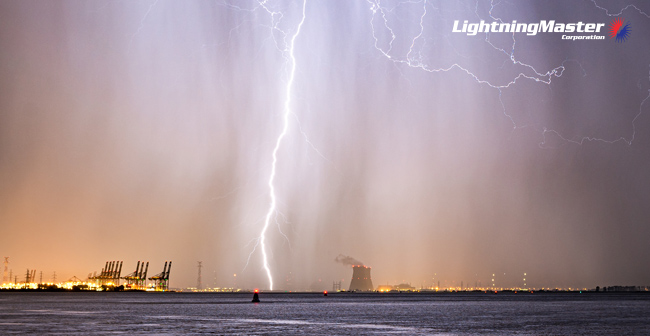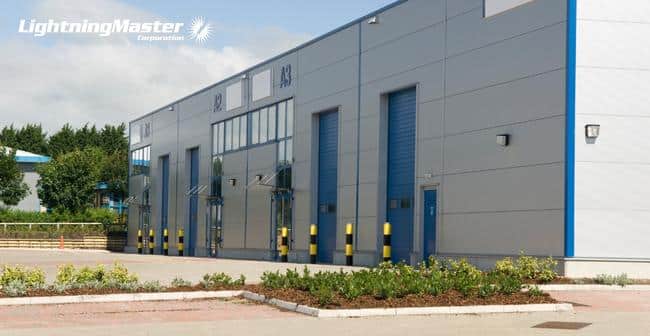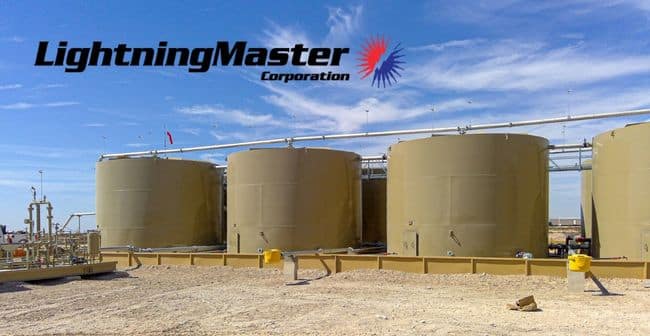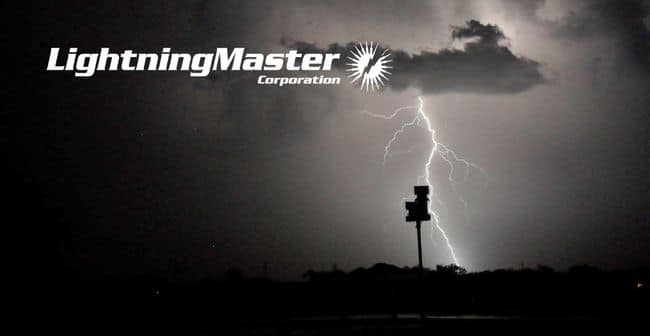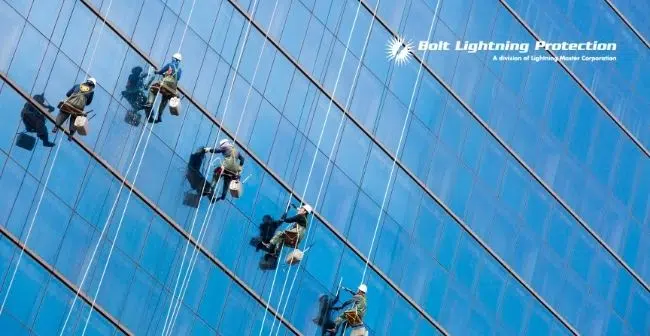The Costs of a Power Surge.
Between hurricanes and other inclement weather that take place in the state, it’s important that commercial property owners protect themselves from numerous hazards and potential threats. Surge protection has become an especially hot topic since there are so many situations where a power surge could unexpectedly occur.
Power surges are sometimes discussed amongst business owners, but too often than not, their effects are ignored. Today, we’re going to look at some facts about power surge damage, what your insurance may cover, and how lightning protection services are essential to keeping your business property safe.
Damage Caused by a Power Surge
In recent years, power surge damage has become a bigger problem than it ever has been in the past. This is because the average facility now consists of many appliances and electronics that are susceptible to electrical surges caused by lightning strikes, electrical malfunctions, bad wiring, and other such issues. When a surge occurs, sensitive electronics often need to be repaired or replaced, resulting in thousands of dollars in damages and weeks or months of inconvenience.
Common Causes of a Power Surge
Since power surge damage can result in high repair and replacement costs, it’s important to understand just how common they can be.
Here are a few reasons power surges occur:
- Lightning Strikes — Both direct and indirect lightning strikes can cause serious injury and damage to electronics.
- Transmission Line — Damage to outdoor power lines can cause severe surges.
- Appliances — If your home uses an appliance with high level of energy output a malfunction may cause a surge of power.
- Maintenance Work — Any type of maintenance work on an electrical system comes with a risk of a power surge.
- Faulty/Old Wiring — If your home’s wiring is either faulty or old, this can lead to electrical problems and surges.
What Property Insurance Will Cover
Although avoiding a commercial property insurance claim with the use of lightning protection will save you time and money, the good news is that you may be covered from power surge damage. Each policy is different, but here are some of the electrical surges that may be covered:
- Direct Strikes — Luckily, a standard homeowner’s insurance policy will cover lightning damage as long as it was the result of a direct strike.
- Artificial Currents — Your policy may also cover most instances of sudden, accidental damage from artificial electrical currents.
- Other Damage — Any ancillary damage caused by a surge, such as short circuit or fire damage, may be covered by a standard policy, as well.
What Insurance Won’t Cover
You may feel safe that your business is covered from a variety of damage, but the truth is that all forms of power surge damage are not necessarily included. Here are a few situations where power surge damage wouldn’t be covered:
- Indirect Strikes — While damage resulting from a direct lightning strike will be covered, damage from an indirect strike will not.
- General Negligence — If the power surge was caused by general negligence, damages won’t be covered by your policy.
- Maintenance Issues — In the event that a power surge occurs while maintenance is being done, this would not fall under a standard policy.
Surge Safety with Lightning Protection
Surge protectors alone are not enough when dealing with harmful electrical surges, especially those caused by lightning. Lightning protection systems have proven to be the most effective way to protect a business from lightning strikes and other power surge damage. These systems are designed to effectively divert energy harmlessly away from your home or other structure. Plus, you’ll lower your chances of being forced to make a property insurance claim, which is often inconvenient and time-consuming.
Contact Lightning Master to Prevent Power Surge Damage
Power surge damage is something that you should never take lightly. The lightning protection systems developed and implemented by Lightning Master can help keep your commercial property safe and sound. If you have any questions or would like to receive a no-obligation lightning protection risk assessment, give us a call at (727) 447-6800 today.
